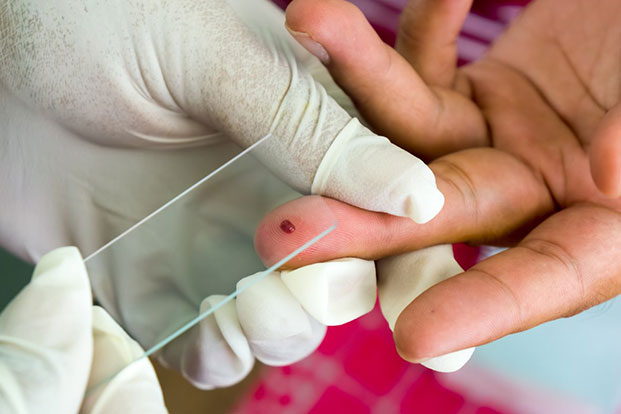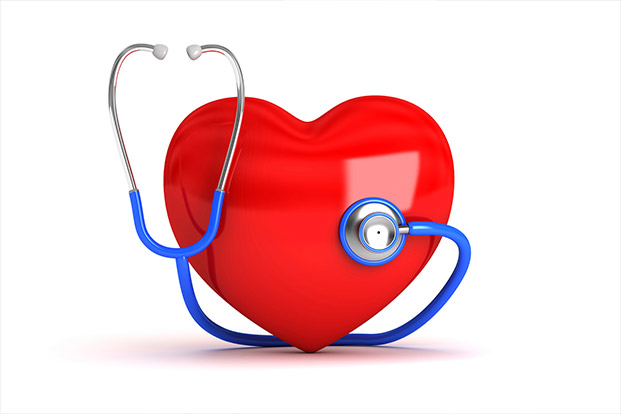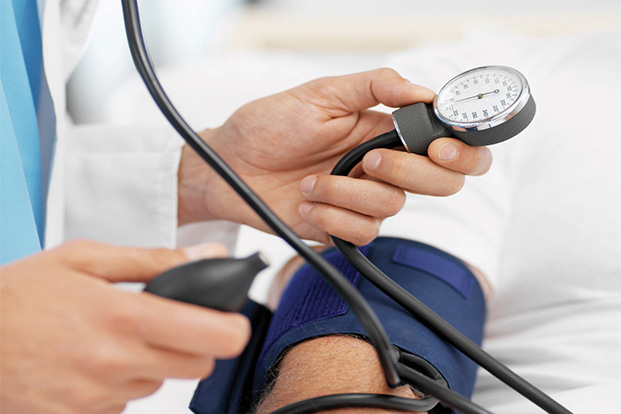Categories
- Bariatric Surgery (11)
- Black Fungus (5)
- Bone Marrow transplant (3)
- Brain Tumor Surgery Navigation Technology (20)
- Cardiac Surgery (66)
- Cardiology (97)
- Computer navigation technology for joint replacements (20)
- Covid Vaccination (17)
- Critical Care (2)
- Dental (19)
- Dermatology (31)
- Dialysis Support Group - “UTSAAH” (11)
- Dietitian (33)
- Emergency Medicine (4)
- Emotional Health (11)
- Endocrinology (33)
- ENT (20)
- Gastroenterology and GI Surgery (53)
- General and Laparoscopic Surgery (21)
- General Surgery (4)
- Gynecology & Obstetrics (183)
- Hematology (20)
- Internal Medicine (294)
- Kidney Transplant (50)
- Kidney Transplantation (20)
- Lung Cancer (8)
- Minimal Invasive Surgery (1)
- Mother & Child (20)
- mucormycosis (5)
- Nephrology (61)
- Neurology (147)
- Neurosurgery (68)
- Nutrition and Dietetics (107)
- Omicron Variant (1)
- Oncology (288)
- Ophthalmology (10)
- Orthopaedics & Joint Replacement (86)
- Paediatrics (59)
- Pediatric Nephrology (3)
- Physiotherapy (5)
- Plastic & Reconstructive Surgery (6)
- Psychiatry and Psychology (90)
- Psychologist (28)
- Pulmonology (72)
- Rheumatology (13)
- Spine Services (21)
- Transradial Angioplasty (16)
- Urology (84)
Query Form
Posted on Apr 19, 2022
Protect Heart Damage During Cancer Treatment
Cancer treatments have increased the survival rate of people. However, many cancer medicines and radiotherapy have been linked to heart damage. Terming these treatments as a double-edged sword. For instance, radiation therapy can cause heart attack, heart failure, and arrhythmias, while chemotherapy agents are associated with damage in heart blood vessels, or cause blood clots. Development of few of these heart conditions occurs during the cancer treatment, whereas few develop long after.

Cancer Drugs & Your Heart:
It is known that most cancer drugs cause some adverse effect on the cardiovascular system. Recently, it has been observed that with new cancer drugs there is an increase in the amount of cardiac toxicity. Having established this correlation, cardiologists suggest continuous monitoring of heart functioning before, during and after the treatment. This can help pickup small hints of any damage caused to the heart muscles or heart valves at the earliest time, and make it possible to stop or reverse the damage. American Heart Association recommends echocardiographs to be taken before every chemotherapy session. In India, though, this is done in very few cases as it adds on to the already high cost of treatment of cancer.
Imaging technology to the rescue:
Advancements in imaging technology now enable doctors to pick-up signs of heart damage way before the effects actually manifest. For instance, a technique called strain imaging can pick-up earliest signs of heart damage. Imaging can also been done using ultrasound, which can make it affordable to the general population of India. From the monitoring if any heart damage is detected during cancer treatment, the oncologist can change the medicines, reduce the dosage, or even change the treatment modality.
A new specialty has emerged to keep pace with the heart-protection strategies of cancer patients, called as cardio-oncology. This team of cardiologists and oncologists monitor patient’s heart health during treatment and modify or change treatment if they find any signs of heart damage. This is the most practical solution to the problem. However, there is a need to develop chemotherapy drugs that will target just the cancerous tumors and have no effect on any other organs.



